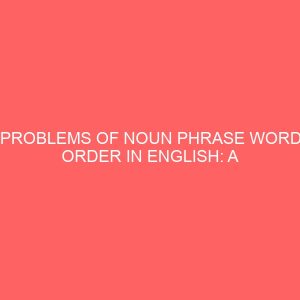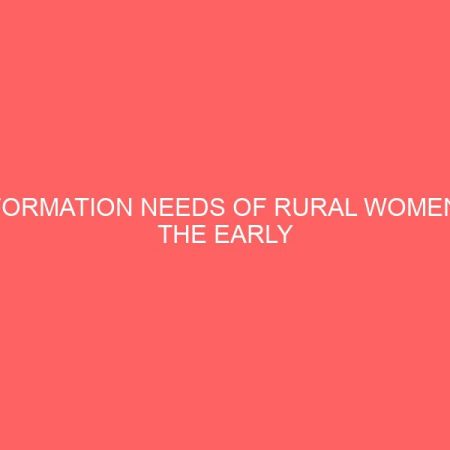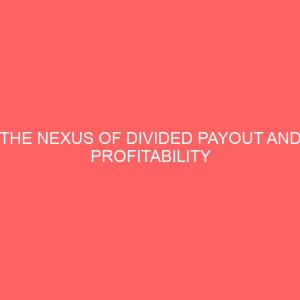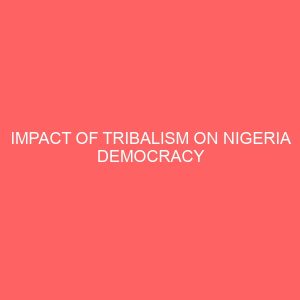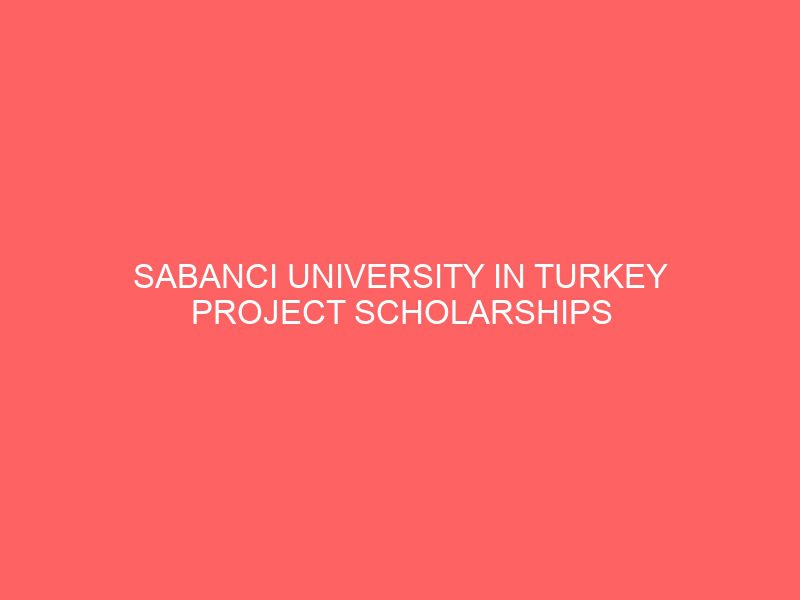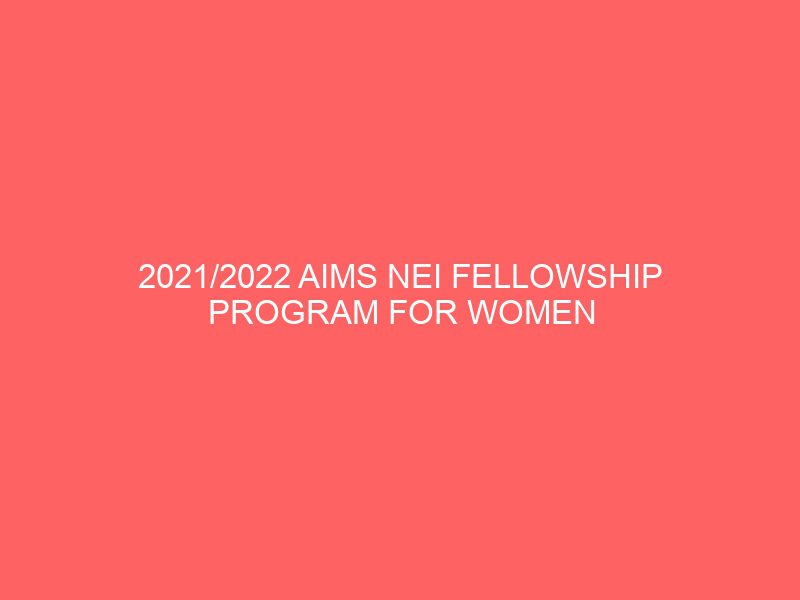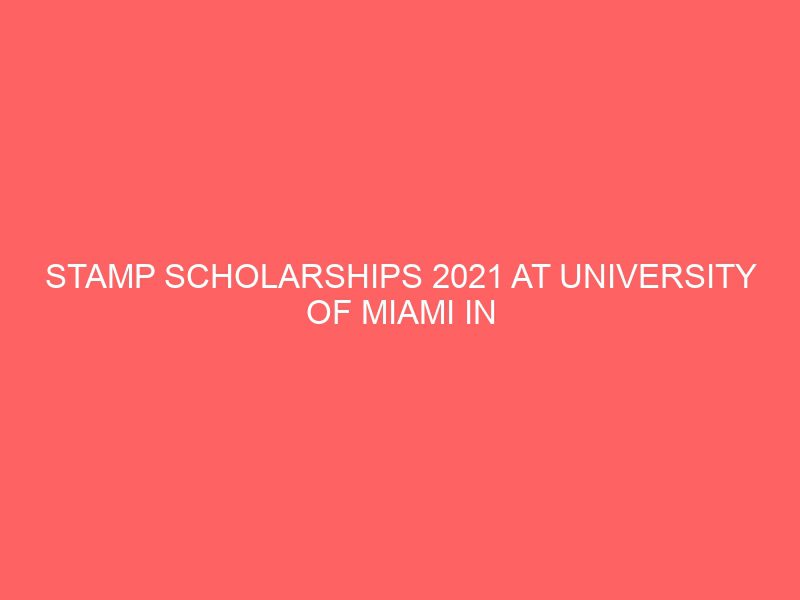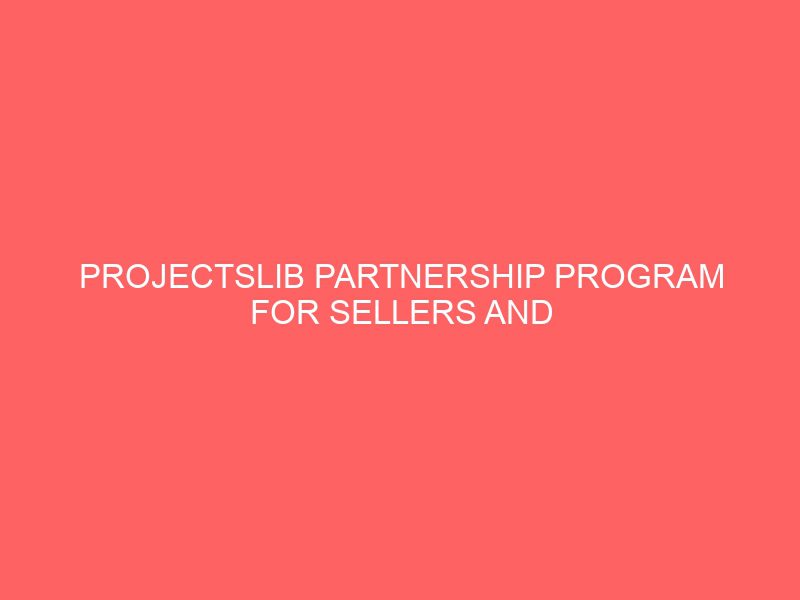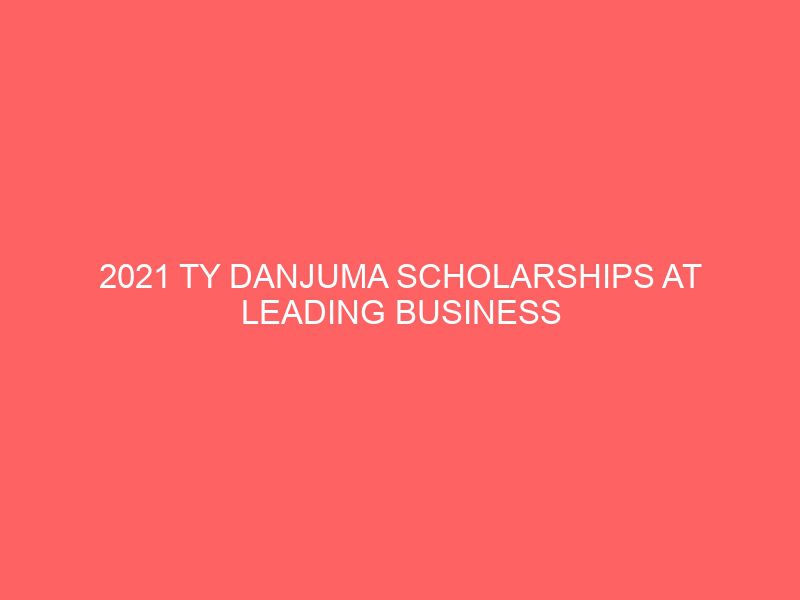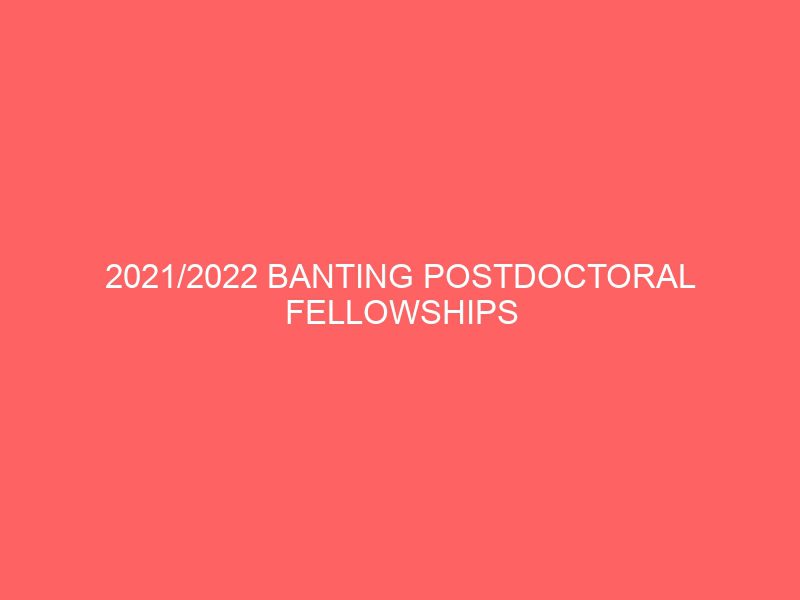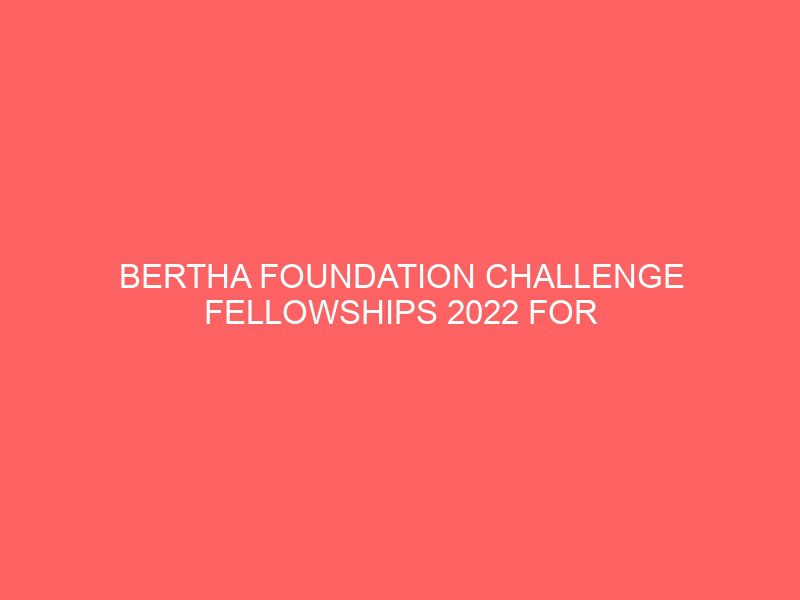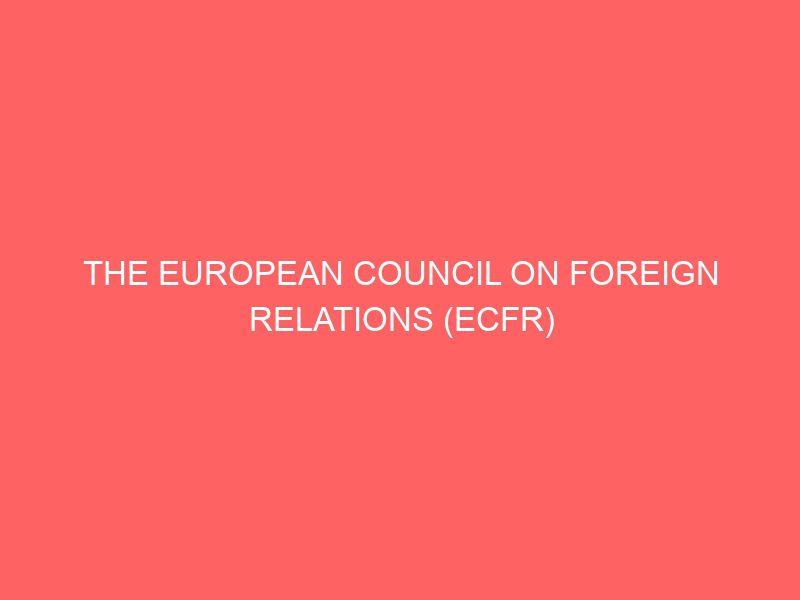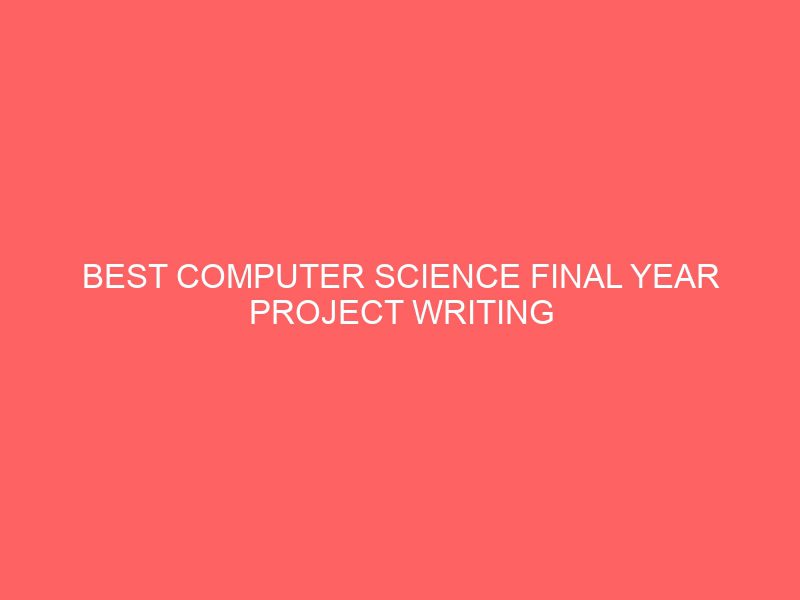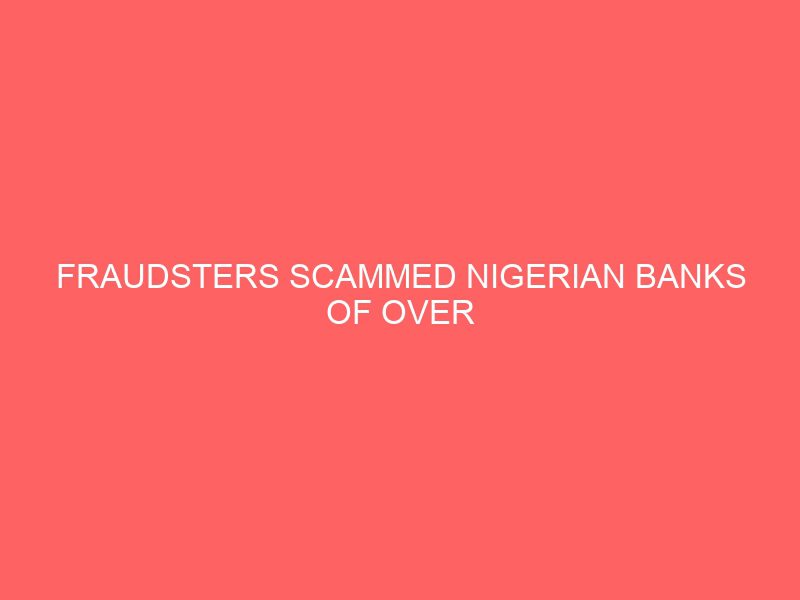Bertha Foundation is excited to launch the next Bertha Challenge: an opportunity for activists and investigative journalists to spend a year producing a body of work that responds to one pressing social justice challenge. Successful applicants will receive non-residential paid Fellowships and project budgets to work independently and together to:
The third Bertha Challenge will begin in January 2022 with a focus on water, specifically supporting Bertha Fellows to answer the following question:
Requirements
Deliverables
This is a full-time fellowship. Bertha Fellows will spend the majority of their time working in their home countries and be required to:
- Attend in-person global convening that take place at the beginning and end of the Bertha Challenge
- Develop and deliver a culminating product that responds to the Bertha Challenge question
- Participate in two virtual meetings per month, and occasionally facilitate these meetings
- Develop local and global network relationships.
Benefits
Income for each Bertha Fellow for one year, not exceeding USD $62,400 and commensurate with the applicant’s current or equivalent salary at the host organization – ideally a media outlet for an investigative journalist and an NGO, community organization or social movement for an activist.
A Project Fund of up to USD $10,000 for each Bertha Fellow to produce a culminating product that responds to the question posed by the Bertha Challenge, and that is directed towards a specific audience. This could be, for example, a series of articles, videos, podcasts, games or drama productions. Activists and journalists working as a pair will have the option to pool their project funding to produce projects on a larger scale.
A Connect Fund of to USD $5,000 for each Bertha Fellow specifically designed to encourage collaboration between Fellows.
Regular online discussions with topics on a range of issues from current debates around water preservation to methods of investigation, methods of communicating findings through news media, storytelling, popular education and more.
Peer and mentor support in the form of regular virtual check-ins with Bertha staff and a cohort of Bertha Fellows.
Network development through the global cohort of past and present Bertha Fellows and exposure to relevant partners within and beyond the Bertha network, including our legal partners in the Bertha Justice Network, many of whom are at the forefront of creating legal strategies to address the climate crisis.
Global convenings of Bertha Fellows and selected guests at the start (January 2022) and end (December 2022) of the Bertha Challenge.
Selection Criteria
Bertha endeavours to select an inclusive and representative cohort of Bertha Fellows that celebrates diversity.
Bertha Fellows will be selected on individual merit but also on their complementary skills to the cohort, their existing and/or proposed networks and prospects for long-term impact of their work.
Applicants may come from and work in any country, but to ensure that this cohort of Bertha Fellows is able to be fully participatory, we require all applicants to be proficient in spoken and written English and able to deliver their final work in English.
Application Requirements
All applicants must submit:
- A completed online application form
- A brief resume/CV in English of no more than three pages
- A list of 2-4 referees including name, relationship to applicant and contact details
- A signed Memorandum of Understanding (MoU) from your prospective host organization – including commensurate salary and any benefits provided.
- Journalist applicants are also asked to submit examples of previously published work.
Application Deadline: July 3rd 2021
For More Information:

